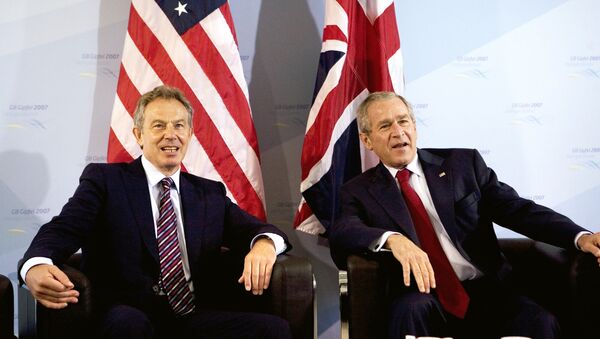In 2002, the governments of the US and the UK claimed that Iraq's alleged possession of weapons of mass destruction (WMD) posed a threat to their security and that of the whole region. The UN Security Council passed Resolution 1441, which called for the government of Iraq to provide "a currently accurate, full, and complete declaration of all aspects of its programs to develop chemical, biological, and nuclear weapons."
In the subsequent months there was much wrangling and backroom dealing with UN member countries to use the resolution (and others) to provide a mandate for war.
In Britain, Tony Blair's government published a dossier of evidence in September 2002, that stated there was evidence that Saddam Hussein's regime had "military plans for the use of chemical and biological weapons. Some of these weapons are deployable within 45 minutes of an order to use them." The 45-minute claim made all the front pages, with the Sun newspaper proclaiming: "Brits 45 mins from doom".
For several weeks its contents were debated and criticized. The 45-minute claim was widely disputed and eventually led the BBC journalist Andrew Gilligan to report that the claim was being dismissed by senior intelligence staff and that the British government knew that it was wrong before publishing the dossier.
Suicide
The broadcast of his report led to the controversial outing of his source, Dr David Kelly. There ensued a huge row between Downing Street and the BBC and the eventual resignation of its Director General and Chairman and the apparent suicide of Dr Kelly. Kelly was found dead two days after an aggressive grilling at the hands of the House of Commons foreign affairs select committee.
An inquiry was called, under Lord Hutton, into the circumstances surrounding Kelly's death.
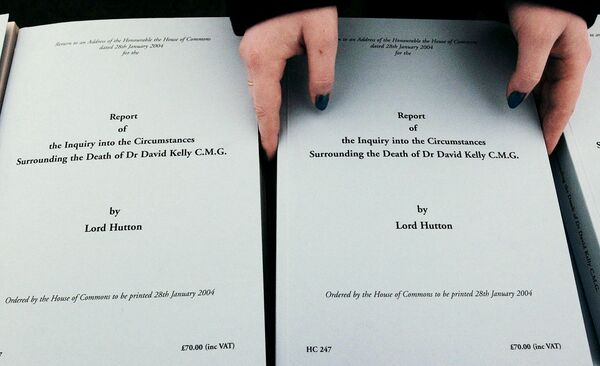
In February 2003, the British government published a second dossier which made further claims about the prevalence of Saddam Hussein's WMD capabilities, mostly based on an article by (then) graduate student Ibrahim al-Marashi, with key extracts being highlighted to improve the case for war. A committee later said that "more weight was placed on the intelligence than it could bear," and that judgements had stretched available intelligence "to the outer limits."
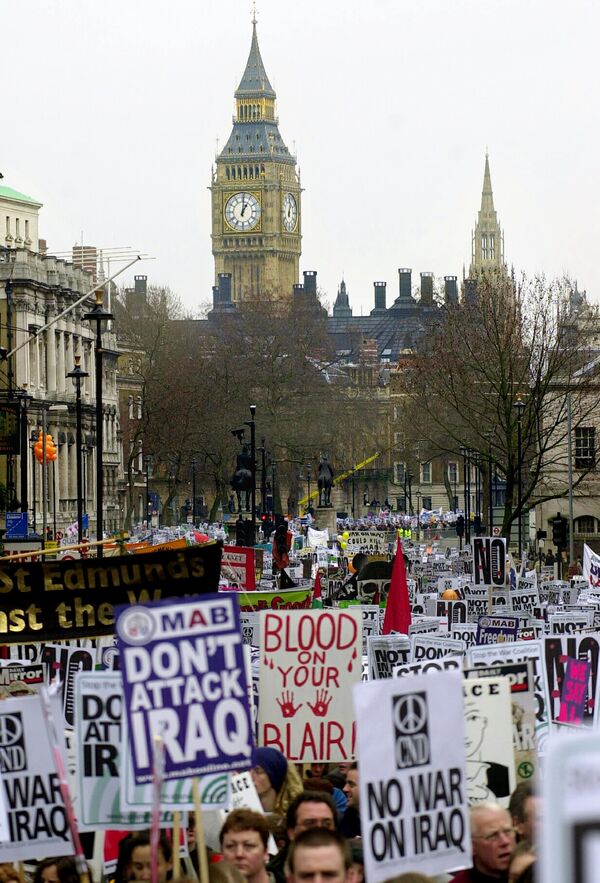
It concluded that the wording of the September dossier had been altered to present the strongest possible case for war within the bounds of available intelligence; that some of these changes had been suggested by Alastair Campbell, Tony Blair's communications chief, and that reservations had been expressed by experts within the Intelligence Community, including Kelly, about the wording of the dossier. However, in its final report in January 2004, it exonerated the British government and damned the BBC for Gilligan's report.
Feelings were running high in Britain (and around the world) and in February 2003, police estimated at least 750,000 marched on London in protest at the war-mongering, although organizers put the figure closer to two million. It was nonetheless, the biggest mass demonstration Britain had seen in decades.
Invasion
On March 20 2003, US and UK forces began the invasion that led to the eventual downfall of Saddam Hussein and his regime. Iraq's army was disbanded and the country fell into civil war from which is has never recovered. Politicians from all sides of parliament in the UK called for an inquiry into what deals Tony Blair had made with then US President George W Bush.
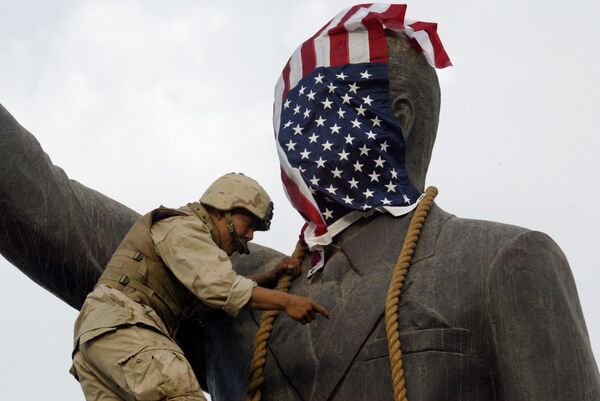
Finally, British Prime Minister Gordon Brown relented under the pressure and called for an inquiry which was launched in July 2009, chaired by Sir John Chilcot, to look in into the circumstances of the run-up to the war and its outcome to see what lessons can be learned.
Between November 2009 and February 2011, the inquiry heard from hundreds of witnesses and took in thousands of documents in an effort to discover the background to the decision to go to war with Iraq.
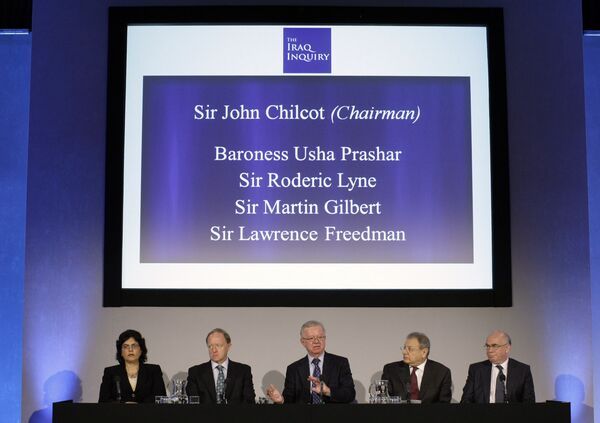
With the report now published, many are wondering if a future British prime minister will have learned the lessons from Iraq. Some say the significant fallout from Iraq — and the final report from Chilcot — will make it even more difficult for a future PM to make the case for military invasion of another country.
That being the case, Britain's military standing will have been diminished.

